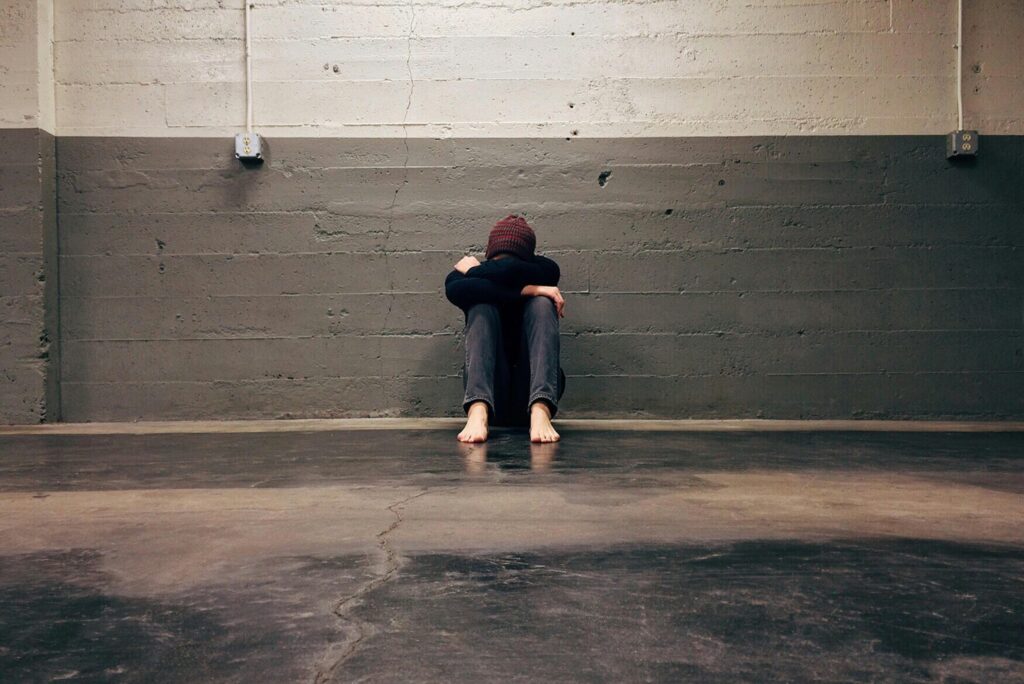In modern India, live-in relationships are becoming more common, especially in urban areas.
But when things go wrong—like a breakup, abuse, or abandonment—many people wonder: Does the law actually recognise or protect people in live-in relationships? The answer is yes, but with conditions.
India doesn’t have a specific law that defines or regulates live-in relationships. However, the Supreme Court and various High Courts have recognised them through judgments, treating them like marriages in some cases—especially when the couple has lived together for a significant period and presented themselves as spouses.
Courts generally use the term “relationship in the nature of marriage”—a phrase introduced by the Protection of Women from Domestic Violence Act, 2005 (PWDVA).
This means the relationship must look and function like a marriage, even if there’s no formal wedding. It isn’t the duration alone but the intention, conduct, and shared life that matter.
Here’s a breakdown:
| Relationship Type | Legal Recognition | What Is Protected |
|---|---|---|
| Long-term live-in (like marriage) | Yes | Domestic violence protection, maintenance |
| Short-term or casual | No | Generally not protected |
| Live-in with consent but one partner married to another | Partially (complex) | Sometimes recognised, but adultery/marriage status can affect outcomes |
The Protection of Women from Domestic Violence Act, 2005 allows a woman in a live-in relationship to seek relief from abuse, violence, or neglect, just like a wife would.
The law protects her right to a shared household, maintenance, and protection from physical, emotional, or economic abuse, as long as she can show that the relationship was “in the nature of marriage.”
The Supreme Court, in several cases like Indra Sarma v. V.K.V. Sarma (2013) and D. Velusamy v. D. Patchaiammal (2010), has laid down factors to assess if a live-in relationship deserves protection:
- Duration of cohabitation
- Shared household or financial arrangements
- Social perception of the relationship
- Emotional and sexual intimacy
- Children born from the relationship
However, no protection is extended to casual relationships, one-night stands, or “keep” arrangements that do not resemble a committed partnership.
Also, if you’re unsure whether you qualify for maintenance, read our blog on What Is Maintenance and Who Can Claim It? to understand your rights.
Ultimately, while society may judge, the law is slowly evolving to ensure that people—especially women—are not left vulnerable just because their relationship didn’t involve a wedding ritual. The key is whether the relationship mirrors a marriage in intent and practice.
While there’s no single codified law for live-in relationships in India, certain protections are available—especially under the Protection of Women from Domestic Violence Act, 2005.
Section 2(f) of this Act defines a “relationship in the nature of marriage,” allowing women in such relationships to seek legal remedies for abuse, economic neglect, or eviction.
To claim protection, the woman must prove the relationship was similar to a marriage—typically with shared finances, household duties, and emotional or social commitment. Courts assess the facts carefully, and each case is evaluated individually.
Importantly, a woman in a live-in relationship can claim maintenance under Section 20 of the same Act if she is financially dependent and was abandoned or neglected. This gives her some security, even in the absence of a formal marital bond.
Children born in a live-in relationship are also legally considered legitimate, according to multiple Supreme Court rulings, including Tulsa & Ors v. Durghatiya & Ors (2008).
They have inheritance rights from both parents, though rights in ancestral property can vary based on personal laws.
If the relationship ends, there is no formal divorce process, but legal help may still be needed to address property issues, custody of children, or financial compensation. You can approach the Magistrate’s Court under the Domestic Violence Act, or the Family Court for child custody or maintenance.
If you’re also navigating how to change your legal name after such a relationship or a later marriage, our blog on How to Legally Change Your Name After Marriage explains how to do that step-by-step.
FAQs
1. Is live-in relationship legal in India?
Yes, it is not illegal. The law does not criminalise live-in relationships between consenting adults.
2. Can a live-in partner claim maintenance?
Yes, under the Protection of Women from Domestic Violence Act, if the relationship resembled marriage.
3. Are children from live-in relationships considered legitimate?
Yes. They are legally recognised and have inheritance rights from both parents.
4. Do live-in partners have equal property rights like married couples?
Not automatically. You must prove financial contribution or ownership to claim shared property.
5. Can a live-in relationship be registered legally?
No, there’s no official registration system for live-in relationships in India currently.



